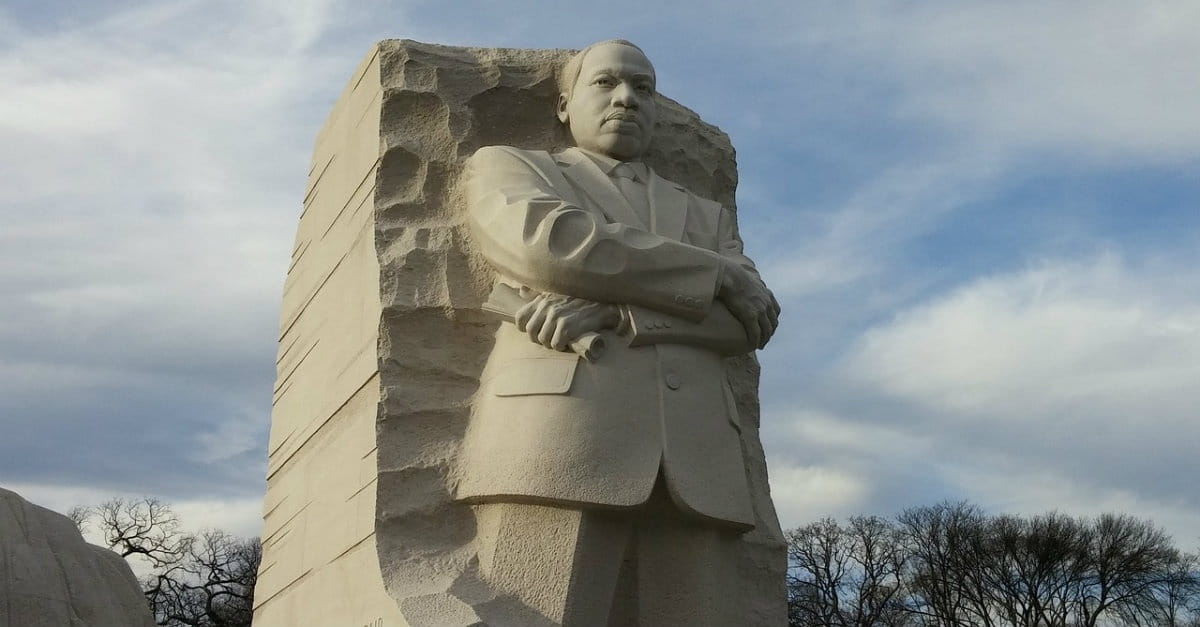December 6 is the feast day of St. Nicholas. Particularly in Europe, it is celebrated as St. Nicholas Day, and the tradition is to put chocolate and gifts into the children’s shoes for them to find in the morning – a tradition that my wife keeps in our home.
I don’t know if you’ve met them or not, but there are some Christians who think that Santa Claus is evil and that he takes away from the true meaning of Christmas. Not to mention, some would point out, that Santa is nothing more than a misspelling of SATAN, which must be why he goes around in those obnoxious red clothes: because he is from HELL and wants to take you and your kids back there with him!
This of course, is based on a sad lack of knowledge regarding the origin of Santa Claus – the name (in English) being simply a direct derivative of “Saint Nicholas”.
For this reason, some Christians protest anything to do with Santa Claus, and tell their kids that Santa is not real, he is bad, and he takes away from the true meaning of Christmas, which of course is Jesus.
This Christmas season, as we do every year, we will tell our kids the story of the real Saint Nicholas – who was not a mythical fat man in red clothes who rode through the skies on a sleigh pulled by flying reindeer, but a devout Christian man, a pastor, who was persecuted for his faith, and gained fame because of his generosity to the poor and needy.
We don’t avoid Santa Claus – we don’t even want to. We see it as a great opportunity to teach our kids about a great Christian man who loved Jesus and was generous and kind because of the love of God which was in his heart. THAT is the “Christmas spirit”.
We tell our kids that there are many people in the world who want to follow the example of Saint Nicholas, and that is why they will meet a Santa at their school and at the mall – and some of them will have very fake beards, because none of them are the real Saint Nick. We also teach our kids that, as Christians, we want to be like Saint Nicholas too, and we are going to be generous to the poor and needy too because God loved us so much that he gave us his Son, Jesus, so that we could have eternal life and have a relationship with God.
The Story of the Real Saint Nicholas
The real Saint Nicholas was born in the 3rd century in the village of Patara, in what is now southern Turkey, into a wealthy family. That’s right – no North Pole and reindeer for the real Santa, but palm trees and white sand beaches. His parents died when he was young, and he was taken in and raised by a local priest. Following Jesus’ call to the Rich Young Ruler (Mark 10:21) to “sell what you own and give the money to the poor”, Nicholas dedicated to use his entire inheritance to assist the sick, needy and suffering.
He became a pastor, and was later made Bishop of Myra. He became famous for his generosity and love for children.

Nicholas suffered persecution and imprisonment for his Christian faith during the Great Persecution (303-311) under Roman emperor Diocletian.
As a bishop, he attended the Council of Nicaea (325), at which he affirmed the doctrine of the deity of Christ against the Arian heresy.
Nicholas died in 343 in Myra. The anniversary of his death became a day of celebration, the Feast of St. Nicholas, December 6th.
As Christians, we should take back the true story of St. Nicholas
Many stories are told about St. Nicholas’ life and deeds. Perhaps the most famous story is one of a poor man who had three daughters who were of marrying age. Because the man was poor, he was unable to provide a dowry for his daughters, which meant that they would not be able to find a descent husband, and would either be married into further poverty or would have to become slaves. After Nicholas found out about this family’s situation, he visited the family’s house, leaving them 3 anonymous gifts – each time a bag of gold, which was tossed through an open window while the family was sleeping. Legend has it that the gold fell into their shoes, the reason for the tradition in Europe that St. Nicholas leaves gifts in children’s shoes. Nicholas provided for these poor girls to help them break out of the cycle of poverty.
My favorite story about Nicholas is what he did at the the Council of Nicaea, where bishops from all over the world gathered to study the scriptures and address the major doctrinal controversies facing the church. Chief among these was Arianism, propagated by Arius, which denied the full deity of Jesus, saying instead that he was a created being – a view that is carried on today by the Jehovah’s Witnesses. The debate got very heated, and based on the study of the scriptures, Arianism was deemed heretical. Nicholas argued from the scriptures for the deity of Christian and against Arianism, and at one point got so upset with something that was said about Jesus from the other side, that he slapped an Arian. That’s my kind of Santa!
Rather than trying to make Christmas Santa-free, let’s take back the true story of Saint Nicholas and take hold of this opportunity to talk about a Christian man who loved Jesus, championed good theology and exemplified Christ through compassion and generosity to the needy.













